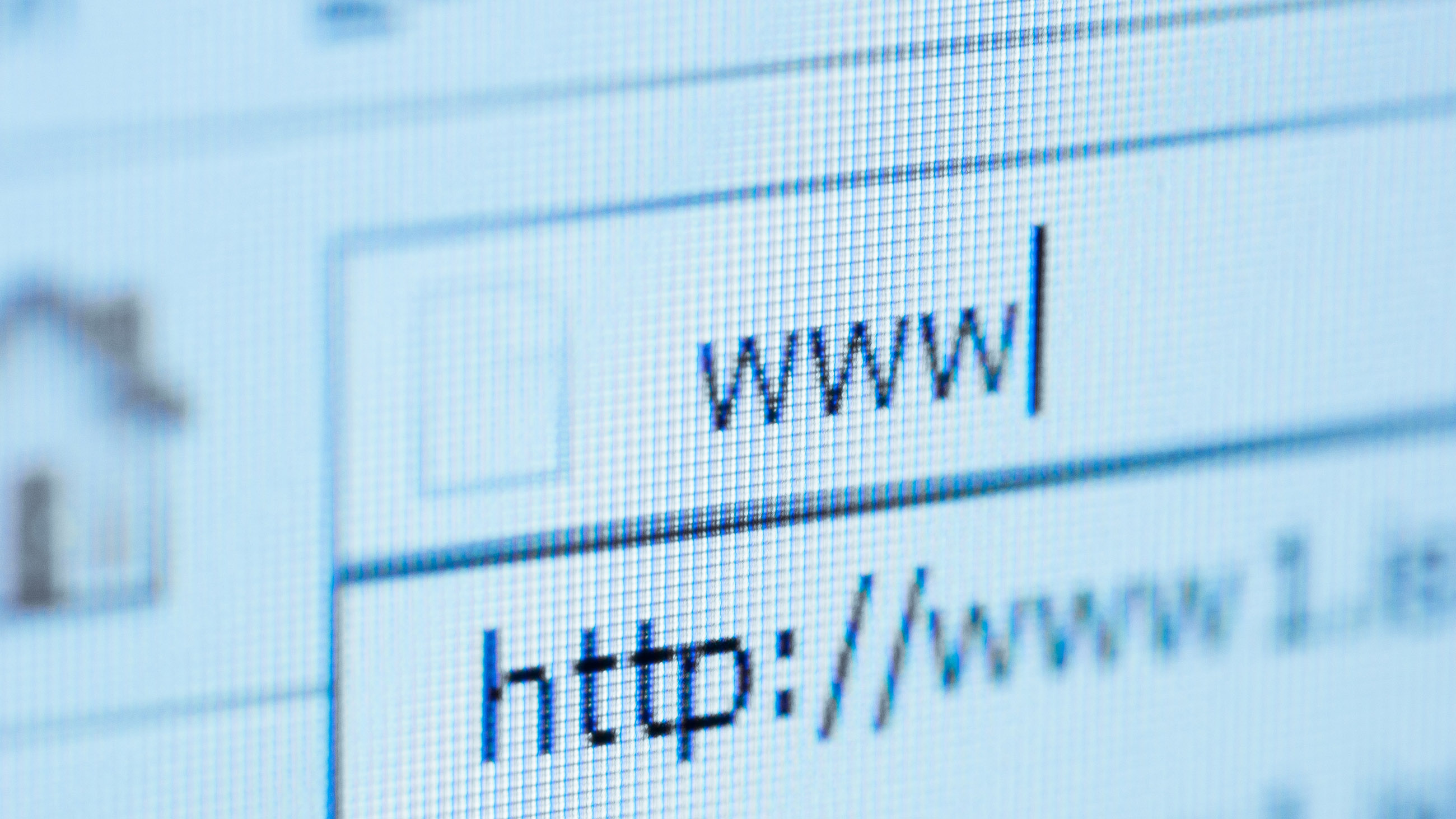Virginia has netted over $1.48 billion in federal funds to expand its broadband network following a state push to update the government’s map of where in Virginia the service is available.
The investment “brings us a giant step closer to achieving our goal of universal broadband coverage in Virginia,” said U.S. Sen. Mark Warner, D-Virginia, in a release. “We all know that access to fast, reliable, and affordable internet is crucial to ensuring our rural communities grow and thrive.”
Virginia received the sixth-largest award of the $42.5 billion being distributed through the federal Broadband, Equity, Accessibility and Deployment, or BEAD, grant program. The largest went to Texas, at $3.31 billion, followed by California, at $1.86 billion.
Southern neighbor North Carolina squeaked in just above the commonwealth, at $1.53 billion.
In Virginia, the money will be overseen by the Virginia Telecommunication Initiative within the Department of Housing and Community Development. Grants will be targeted toward unserved locations — areas with internet speeds lower than 25 megabits per second for downloads and 3 megabits per second for uploads — and underserved locations — areas with speeds below 100 megabits per second downloads and 20 megabits per second uploads.
The federal government’s calculations of how much each state would get through the BEAD program relied heavily on the National Broadband Map maintained by the Federal Communications Commission, which charts access to the increasingly critical service.
Last year, the FCC released a new version of the map that tracked broadband availability by address rather than by census block, an approach that many researchers had previously criticized as overstating coverage. Virginia had already taken steps in this direction, revamping its state maps in 2021 to show the percentage of residents in each census block with internet access.
In addition, the federal government for the first time solicited Americans’ feedback on the accuracy of its map through an online website.
Warner credited that public input Monday as a factor in Virginia securing what he described as a “whopping” award.
“This funding is in no small part thanks to the Virginians that took time out of their day to report their connectivity status,” he wrote. “Because of these efforts, we were able to accurately report our coverage and access every cent to which Virginia was entitled.”



